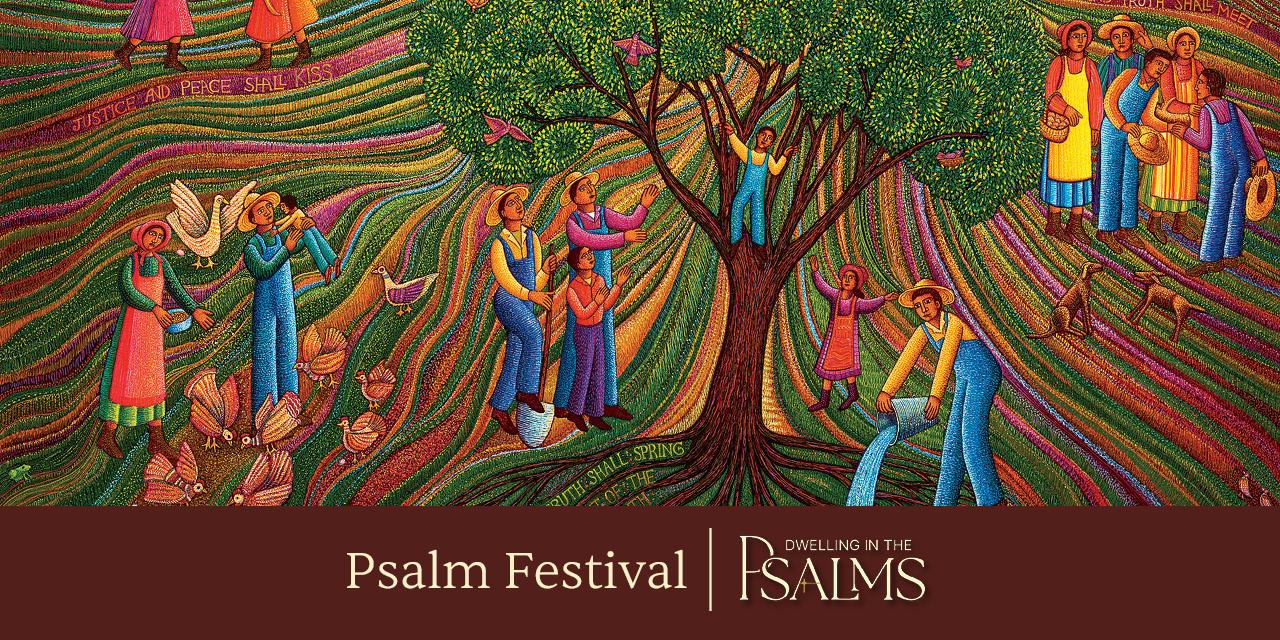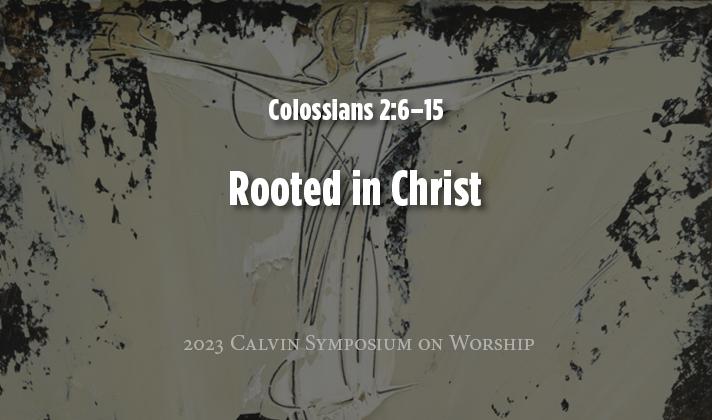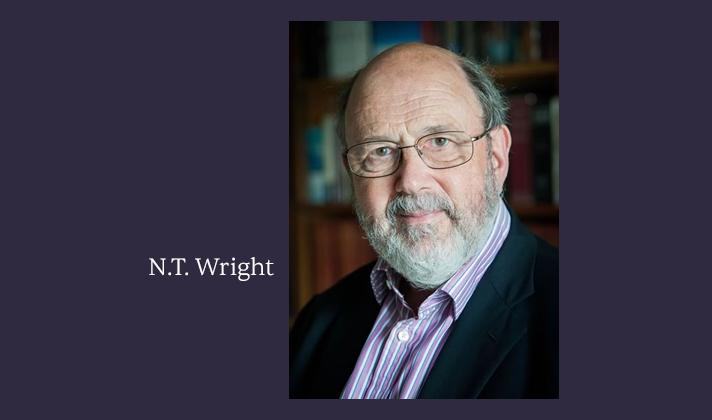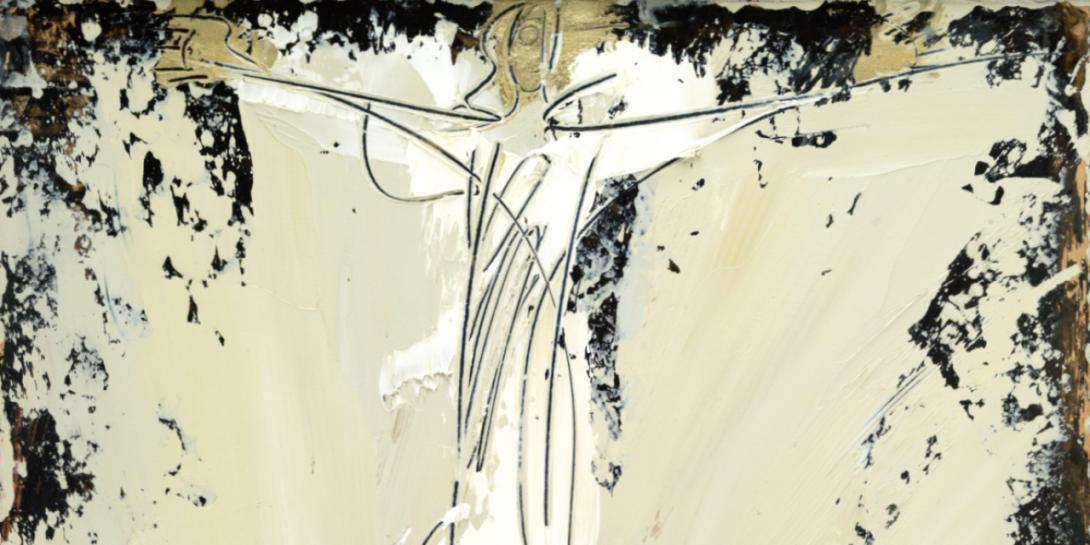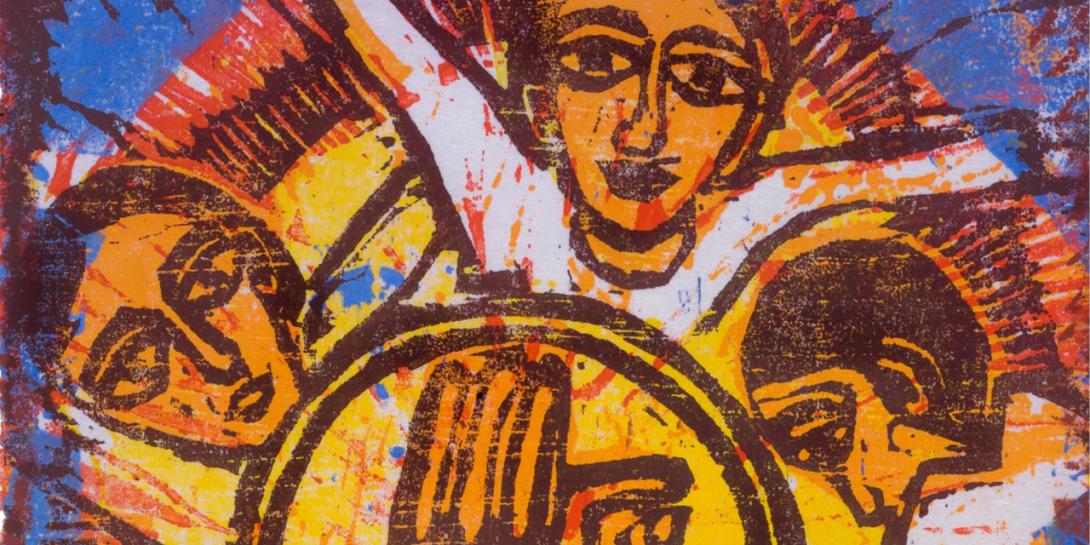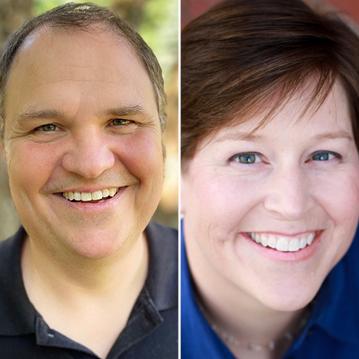Worship Service: Rooted in Christ
A worship service based on Colossians 2:6-15. The service is led by Marshall E. Hatch, preaching; Nate Glasper; Lisa Sung; and the Calvin University Gospel Choir.
La vida cristiana: Una liturgia para la gloria de Dios
Por tanto, imiten a Dios, como hijos muy amados, y lleven una vida de amor, así como Cristo nos amó y se entregó por nosotros como ofrenda y sacrificio fragante para Dios.
La epístola a los Efesios: Una liturgia integral para adorar al Dios trino
El culto como fuente de identidad, visión y vocación.
La adoración en Efesios: hacer de nuestra vida cotidiana un culto de adoración
La vida cristiana: Una liturgia para la gloria de Dios La adoración en Efesios: hacer de nuestra vida cotidiana un culto de adoración Por Dr. Mariano Avila Arteaga
Rebekah Eklund on Practicing Lament
Congregations become more relevant and biblical when they follow the Bible’s lead in bringing lament into worship. Rebekah Eklund’s book "Practicing Lament" shows churches, small groups, and individuals how to voice penitential lament and protesting lament. Learning to practice lament can reconnect people with God and help churches grow in “members of one body” solidarity.
Resources by N.T. Wright Related to Christian Public Worship
Nicholas Thomas Wright, known as N. T. Wright or Tom Wright, is an English New Testament scholar, Pauline theologian and Anglican bishop. He was the bishop of Durham from 2003 to 2010. He served as research professor of New Testament and Early Christianity at St Mary's College in the University of St Andrews in Scotland until 2019, when he became a senior research fellow at Wycliffe Hall at the University of Oxford.
Paul’s Letter to the Colossians
A reflection on the preaching texts for the 2023 Calvin Symposium on Worship
Preaching the Beatitudes
Sermons from Worship Symposium 2022 on the Beatitudes as found in Matthew 5:3-16
Shively T. J. Smith on Howard Thurman and Congregational Hermeneutics
Congregations and lay Christians have methods of interpreting the Bible and faith life even if they can't articulate them. Using Howard Thurman’s image-rich meditations, scholar Shively T. J. Smith offers a visual way to reflect on applying the Bible to faith and ordinary life.
Biblical Storytelling and the Drama of the Bible
In this conversation, actor, playwright, and professor Jeff Barker shares with pastor Paul Ryan his journey in Biblical storytelling as way to help students and worshiping communities hear and see the importance of scripture memorization, speaking the text, and reclaiming 'the plays' of the Bible.
Eat This Book: What Eugene Peterson Can Still Teach Us About Loving God, the Bible, and Worship
A conversation with Winn Collier and Mary Hulst.
Navajo Christians Build Relationships through Scripture and Culture
Window Rock Christian Reformed Church used a Vital Worship Grant project to connect with more people by engaging scripture in ways reflective of Navajo cultural practices.
